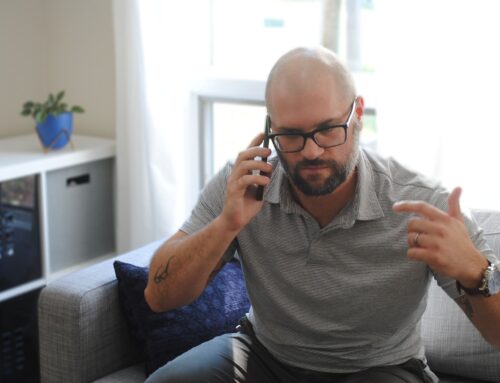Florida is known as one of the best states to own your own business, and it draws people from around the country to do just that. However, if a couple owns a business together and decides to divorce, the company’s fate may become a primary issue. Contested divorces are complicated enough without sharing a business entity, but the difficulty level is significantly increased when a business exists.
To arrive at an equitable distribution agreement, the parties must agree to the businesses’ specific value. However, the exact value of the company is often the basis for passionate disagreement and argument. Not only are they trying to determine the proper sales value for the entity, but the goodwill each of the spouses brought to the business.
Goodwill is an intangible asset that manifests in a variety of forms. Goodwill may include reputation, brand, domain names, intellectual property, and commercial secrets. Divorcing couples may disagree as to the importance of the other person’s reputation in the business, and therefore what that person’s involvement in the business is worth. Putting a value on goodwill can be difficult, especially in the heat of a divorce.
Business Valuation: Assets and Liabilities
A business valuation typically occurs when an owner is looking to sell all or a part of their business. In the case of divorce, one party may be looking to sell their interest to the other or buy the other party. The business valuation process determines the economic value of a business, giving both owners an objective estimate of the value of their company.
Florida law states that, in determining the value of a business in a divorce case, the court must take into consideration the totality of the company’s assets and all its liabilities.
The valuation process analyzes all aspects of the business, including management, capital structure, future earnings, and asset market value. There are three basic methods of valuation.
Asset-Based:
An asset-based approach totals the investments in the company to determine the value of the business. Investments are either calculated with a going concern (book value) asset-based approach or a liquidation asset-based approach. This is not considered to be the best approach for a sole proprietorship, as assets are often held in the individual’s name – as opposed to the business name.
Earning Value:
The earning value approach assesses business value based on the company’s ability to produce wealth in the future.
Market Value:
The market value of a business may be established based on similar businesses that have recently been sold. However, this is not a very precise method of valuation. Similar businesses may have more or less assets, liabilities, or goodwill.
Many experts believe that employing a combination of these methods may be the best way to get a fair and accurate value for your company.
A divorce can be very contentious, especially in the context of finances. If you are facing a divorce and own a business with your spouse, you may disagree as to its valuation. If one or both of you cannot agree on how to equitably divide the responsibilities, assets, or management of the business, you require an impartial party to help you decide on a solution.
A business valuation expert can be hired to help with this process, but a divorce attorney is also an essential ally. If you are considering a Sarasota area divorce, call Richard V. Ellis today.





